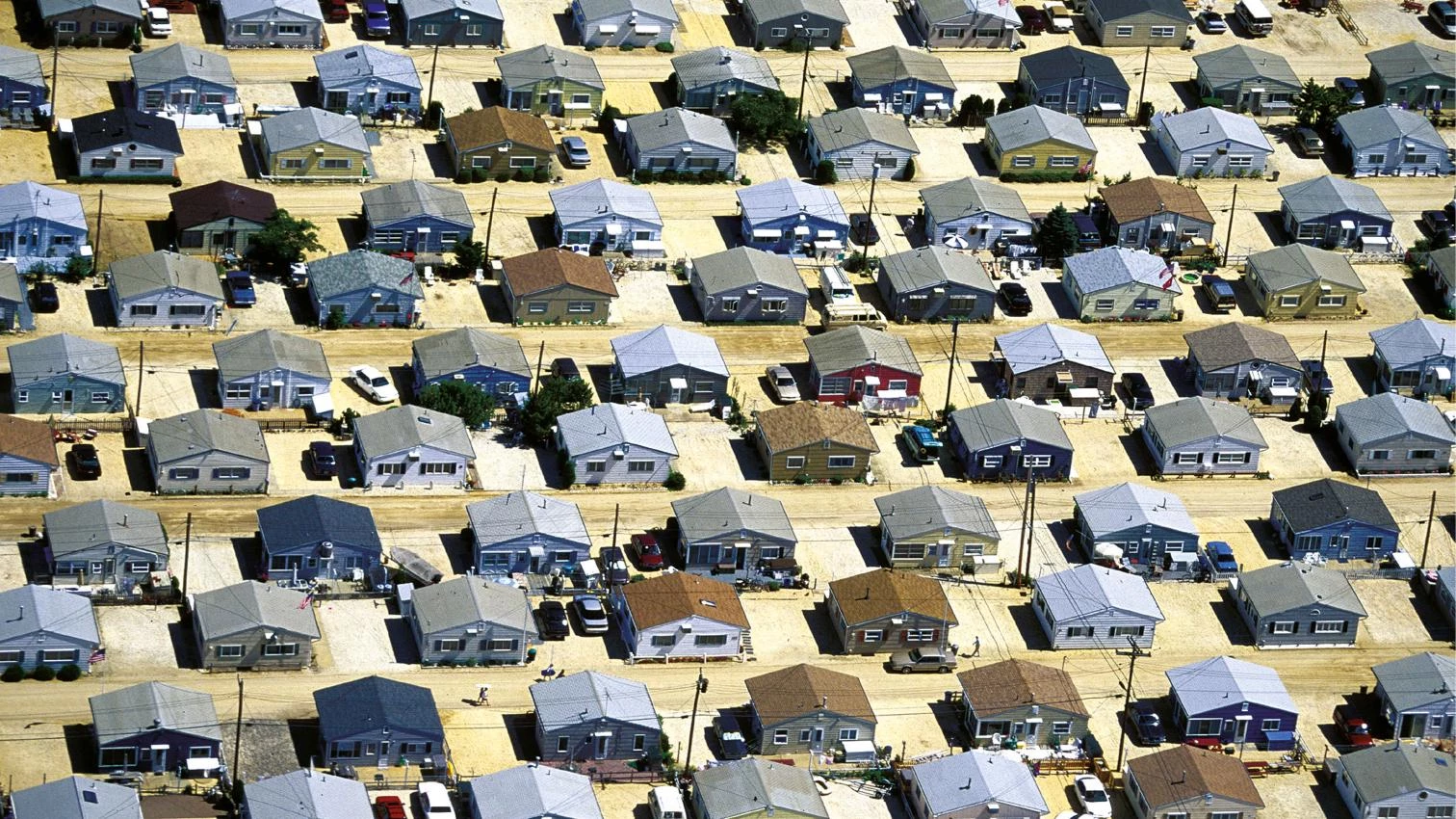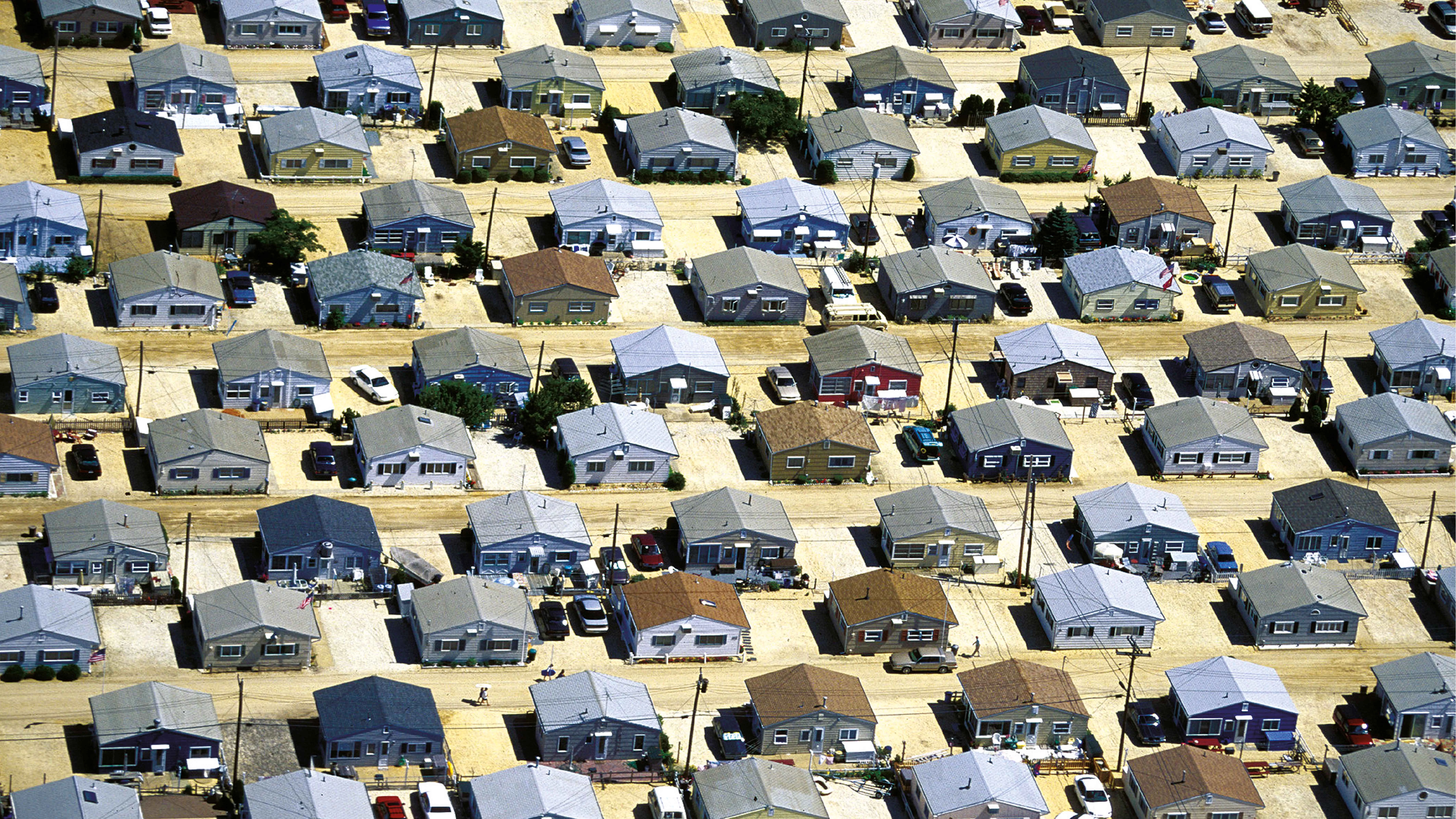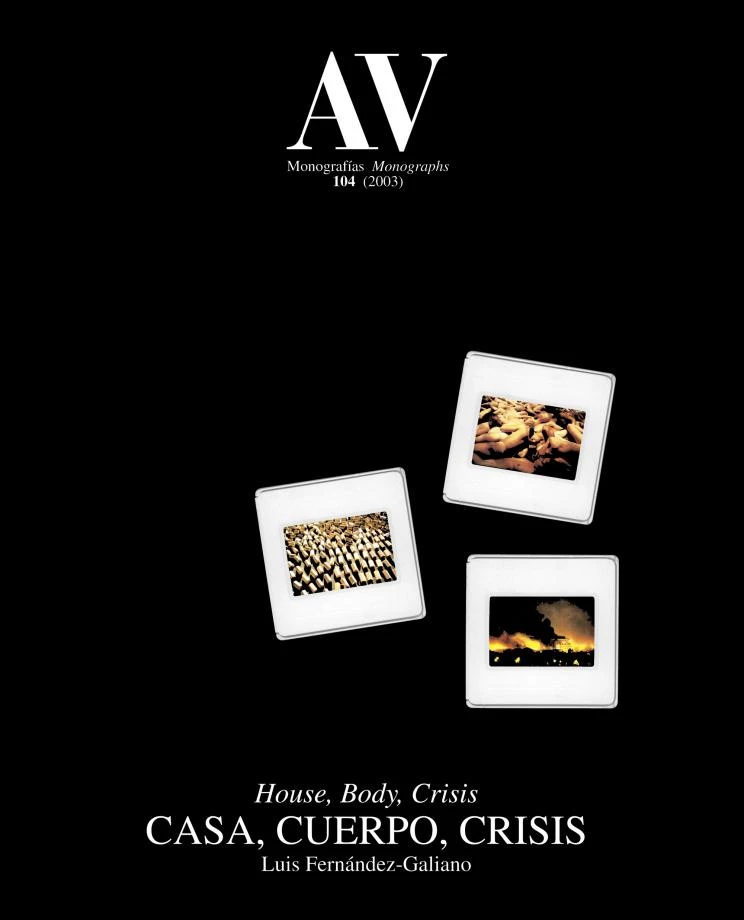
Jerseyshore, New Jersey
History begins at home, and hopefully will end there too. Born in a house, as many others my age, and uncomfortable with a modernization of life which has transformed the common, shared place into a specialist space, banishing births and deaths to the sanitary sphere of hospitals and clinics, I still search for a material and metaphorical shelter in the domestic realm. My generation found in the archetypal house an anthropological weapon against the monotonous modernity of the sixties, and both Rossi’s sheds and Venturi’s residences would prosper in a field stirred by the return trip to the “youthful ancient world”, from the villas of Palladio to that of Pliny. The rediscovery of the old genealogy of classical treaty-writing led us, under Rykwert’s guidance, to “Adam’s House in Paradise”, in an itinerary marked by a heterodox reading of Alberti or Vitruvius in search of a rigor à la Milizia that could replace the worn out modern dogmas. All this made us Heideggerian malgré nous, and with the Freiburg philosopher we maintained the ambiguous relationship demanded by Heidelberg’s rectorship and the Black Forest hut: his essential obscurity was not too fascinating for those educated in the antimetaphysical militancy, but his stubborn resistance to the double dictatorship of technology and the ephemeral and had greater influence on the minds of our generation than the aphoristic drifts of a rather Baudelairian Benjamin or the fatiguing dialogic homilies of Habermas, for whom modernity was an unfinished project...[+]






